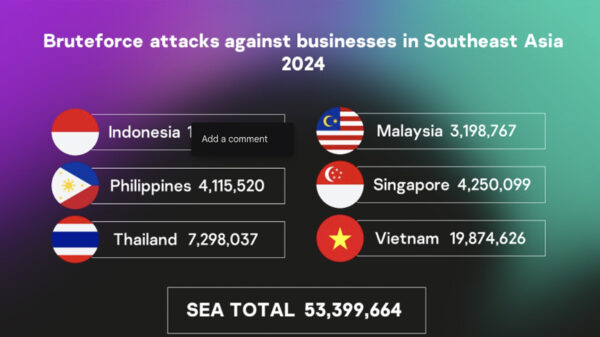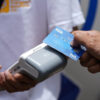The monitoring capabilities of mobile apps are becoming a concern for users, many of whom are worried that the apps on their connected devices might be able track them down, watch what they’re doing, or share their data. But these dangers could be easily averted by putting some simple security measures in place, warns cybersecurity experts from Kaspersky Lab.
There are rising concerns among consumers about just how much of their Internet activity is being watched, or whether they are traceable through their online footprint. Kaspersky Lab has found, for example, that 61% of people are uncomfortable with sharing their location information with websites and applications – a figure that has risen significantly from 39% in 2016.
Furthermore, around half (56%) are very concerned that someone can see everything they do or watch on their device and a similar figure (50%) fear that someone could track them down using geolocation information from their device.
These concerns are well-founded. Kaspersky Lab experts have found that apps can not only access a huge amount of data (such as crucial details about where users are, information about their contacts, activities and so on), but they also often work in the background without users knowing. According to the research, 83% of Android apps have access to their owners’ sensitive data, and 96% of Android apps can launch without consent. Nevertheless, worries about this access can be averted with some simple security measures.
But people are avoiding the data safety or privacy measures that could help put their minds at ease – for example, about half of people (47%) admit they don’t check the permissions of their pre-installed mobile apps on their Android and iOS devices, and one-in-five (21%) don’t check permissions when downloading or installing new apps onto their mobile devices. Because of this, mobile users are increasingly concerned, but remain unprotected from potential data leakage.

















































































































